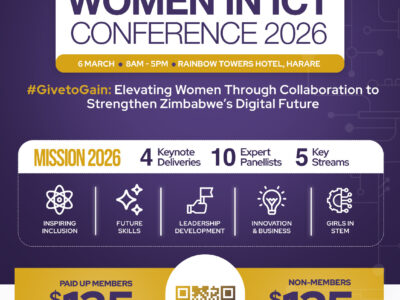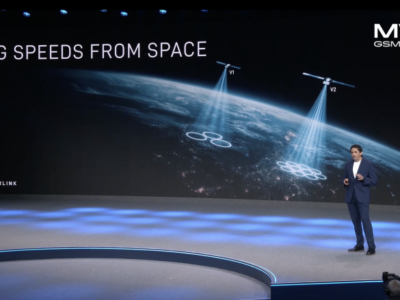In a move toward modernising urban infrastructure, the Zimbabwean government has given the green light to a nationwide rollout of a Smart City Traffic Management System aimed at curbing traffic offences and reducing the alarming rate of road accidents.
The initiative, to be spearheaded by telecommunications giant TelOne, will utilise cutting-edge technology such as Artificial Intelligence (AI), the Internet of Things (IoT), and big data analytics. Cameras equipped with automatic number plate recognition and facial recognition capabilities will form the backbone of the system, enabling real-time monitoring and enforcement of traffic laws.
Speaking at a post-Cabinet media briefing on Tuesday, Minister of Information Jenfan Muswere highlighted that the decision builds upon a successful proof of concept initially deployed during the COVID-19 pandemic.
“The government is set to accelerate the implementation of a Home-Grown Smart Traffic Management System, after Cabinet approved the rollout of a proof of concept in 2020, which was subsequently utilised during the COVID-19 period and thereafter,” said Muswere. “This is meant to address unwarranted traffic congestion, road accidents, and traffic law violations. This innovative system utilises advanced technologies such as the Internet of Things (IoT), Artificial Intelligence (AI), and big data analytics to enhance traffic flow, road safety, and transparency.”
Zimbabwe has long struggled with a dated and ineffective traffic enforcement regime, where offenders often go unpunished due to a cumbersome ticketing system. The introduction of smart technology promises to bring about much-needed accountability and efficiency. However, questions have been raised about the project’s feasibility amid Zimbabwe’s ongoing challenges with electricity and internet infrastructure.
Muswere acknowledged these concerns, noting that the system would be introduced in a phased approach, starting with the country’s two largest cities.
“The Home-Grown Traffic Management System will be rolled out in phases, commencing with Harare and Bulawayo, followed by other major towns. To support effective implementation, several key enablers will be monitored, including a robust project governance framework, reliable power sources, stable internet connectivity, and strategic system integration with supporting platforms and institutions,” he said.
Adding further weight to the initiative, the government plans to set up specialised traffic courts to expedite the justice process, ensuring that digital enforcement leads to real-world consequences.
“Specialised courts will assist in expediting justice delivery as the system operates. This localised approach is expected to foster knowledge transfer, skills development, and national pride while promoting self-reliance and sustainability,” Muswere said.
While the road ahead may be complex, Zimbabwe’s embrace of smart city technology signals a forward-thinking shift in how the nation approaches urban challenges — one where innovation and governance can drive safer, more efficient cities.














Comments